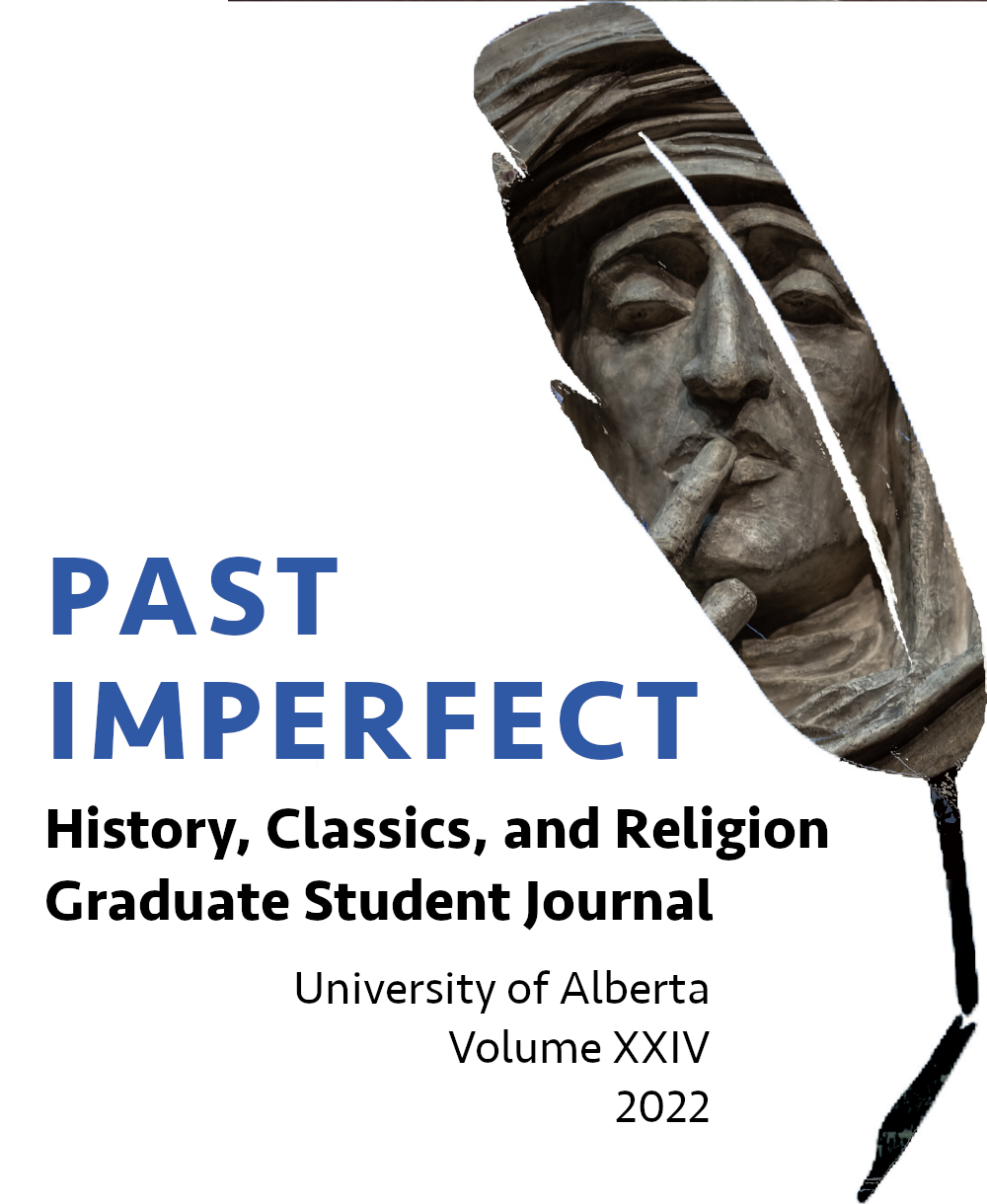The Spiritual Roots of Emersonian Subjectivity and the Phenomenology of Self-Reliance
DOI:
https://doi.org/10.21971/pi29389Abstract
Emersonian self-reliance is a foundational concept for ideas about individuality in U.S. culture. However, academic commentators who overlook the significance of Ralph Waldo Emerson’s religiousness have largely misinterpreted this concept. Through a close reading of Emerson’s sermons, lectures, and essays, I argue that Emersonian self-reliance was a spiritual reaction to an emerging capitalist culture during the Jacksonian market revolution and an anticipation of psychological and existential critiques of the socially constructed ego—an ego that finds support in the phenomenology of freedom that accompanies capitalistic choice and consumption. I show how for Emerson, individuality and autonomy require the recognition of the spiritual unity of people. I explain how self-reliance functions in Emerson’s thought as an existential description of self-becoming over the course of a lifetime, as well as functioning in a phenomenological way that describes the glance of the eyes and good conversations.




